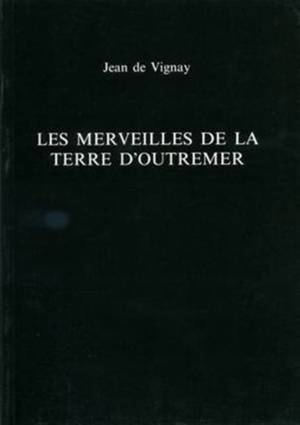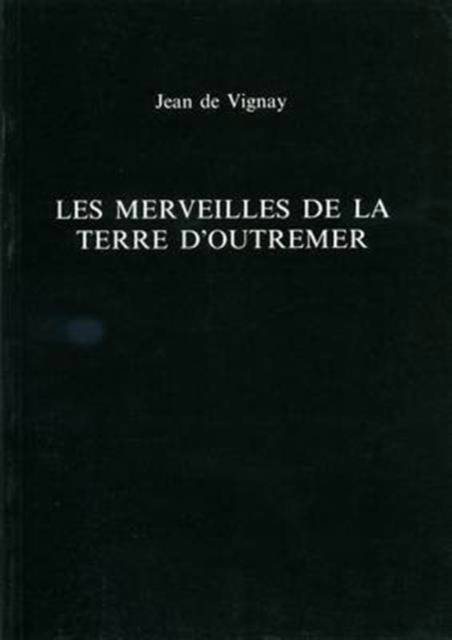
- Afhalen na 1 uur in een winkel met voorraad
- Gratis thuislevering in België vanaf € 30
- Ruim aanbod met 7 miljoen producten
- Afhalen na 1 uur in een winkel met voorraad
- Gratis thuislevering in België vanaf € 30
- Ruim aanbod met 7 miljoen producten
Zoeken
€ 74,95
+ 149 punten
Omschrijving
A critical editon of Jean de Vignay's 14th-century Les Merveilles de la Terre d'Outremer, a translation of the travelogue of Odoric, a Franciscan monk from northeastern Italy who spent much of the early 14th century traveling throughout Asia. His adventures provided one of the most important Western accounts of life and culture in what is present-day Iran, India, Indonesia, China, Nepal, and Russia. Setting off only 20 years after Marco Polo's historic trip to the East, Odoric was the only religious traveler to the East whose voyage was recorded, making his account one of unparalleled importance for scholars and historians. Interestingly, Odoric noted the religious and cultural customs of the places he visited, treating their practices with tolerance, respect, and curiosity. He frequently took pains to tell of spectacular things - mountains of salt, impenetrable deserts, mice as big as dogs, trees that produced bread, magic fish, sensational pearls, gigantic tortoises, men with faces of dogs, hens covered in wool, and women equipped with fangs. The description of Odoric's journey to the East comes from the account he dictated upon his return to Italy, which was translated from Latin and widely circulated throughout Europe. This is one such translation.
Specificaties
Betrokkenen
- Auteur(s):
- Uitgeverij:
Inhoud
- Aantal bladzijden:
- 198
- Taal:
- Engels
- Reeks:
Eigenschappen
- Productcode (EAN):
- 9780859893480
- Verschijningsdatum:
- 31/12/1991
- Uitvoering:
- Paperback
- Formaat:
- Trade paperback (VS)
- Afmetingen:
- 148 mm x 210 mm
- Gewicht:
- 263 g

Alleen bij Standaard Boekhandel
+ 149 punten op je klantenkaart van Standaard Boekhandel
Beoordelingen
We publiceren alleen reviews die voldoen aan de voorwaarden voor reviews. Bekijk onze voorwaarden voor reviews.








